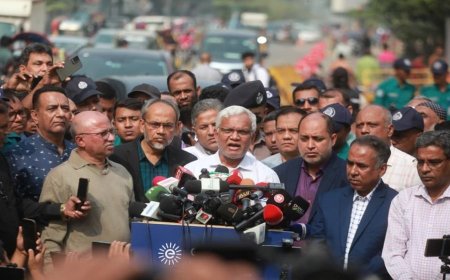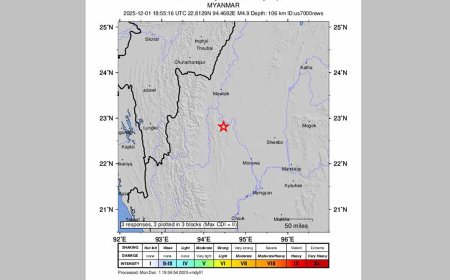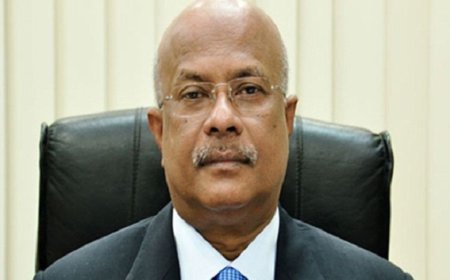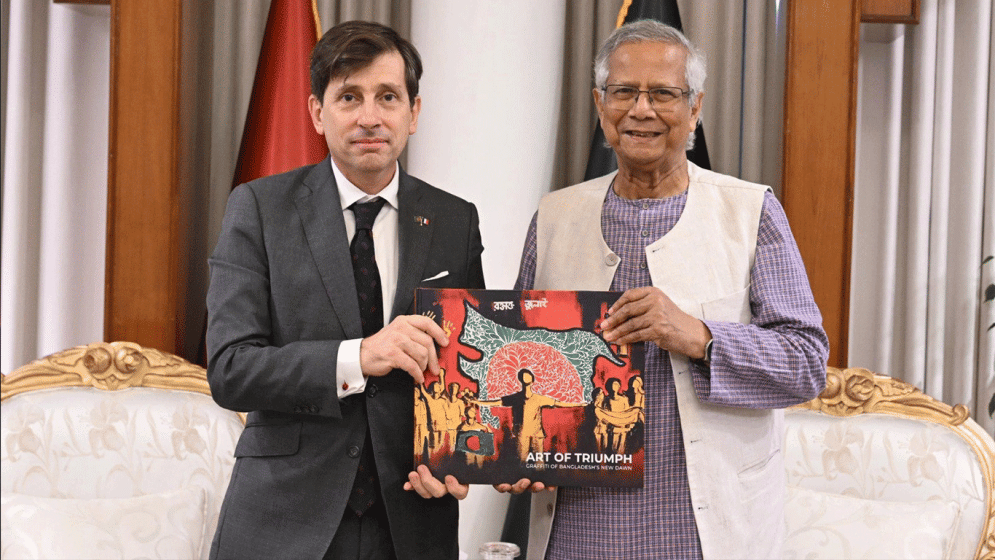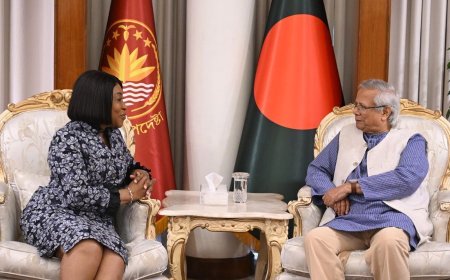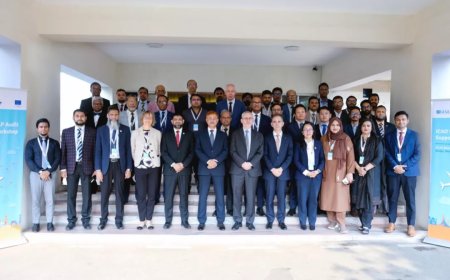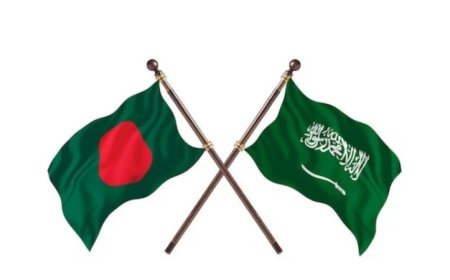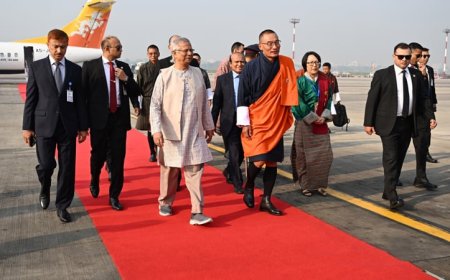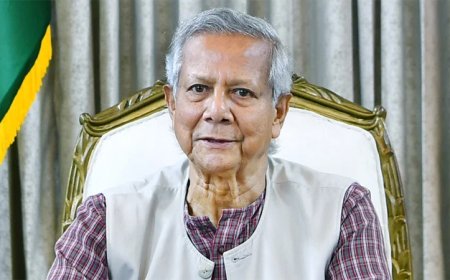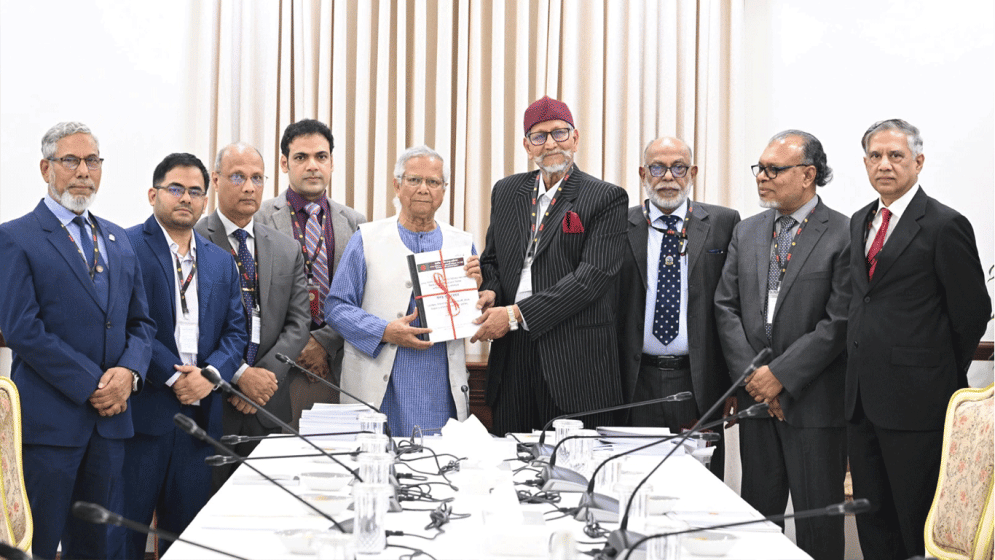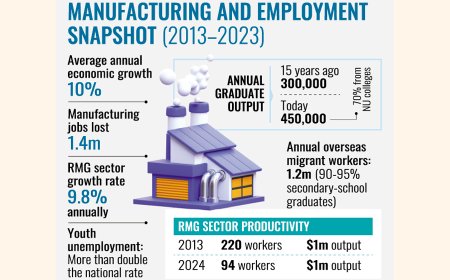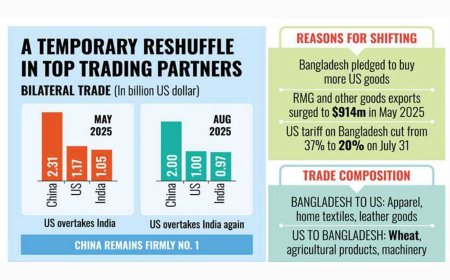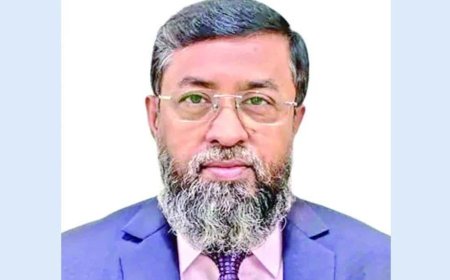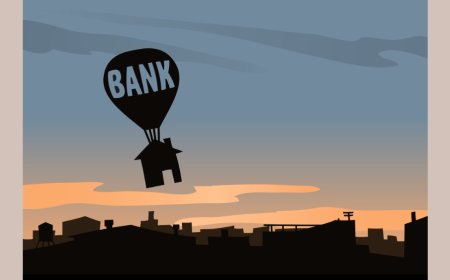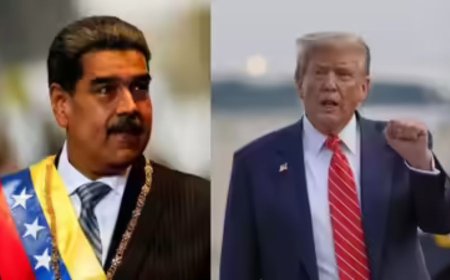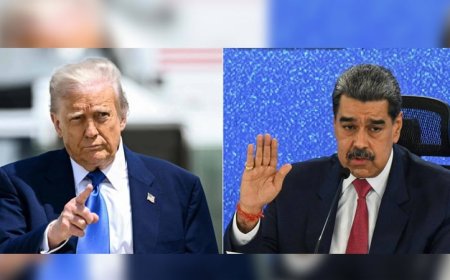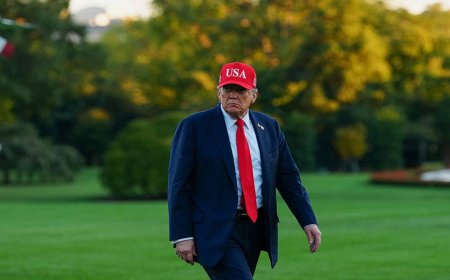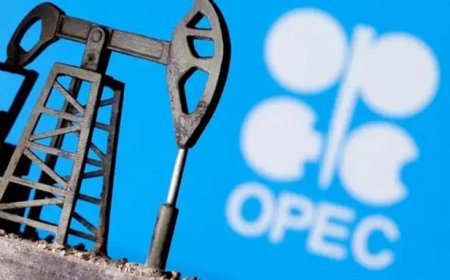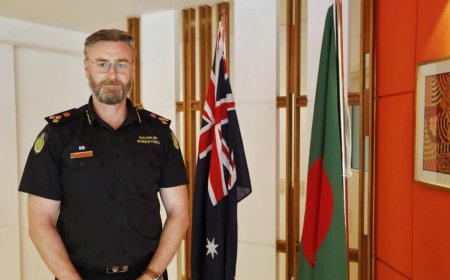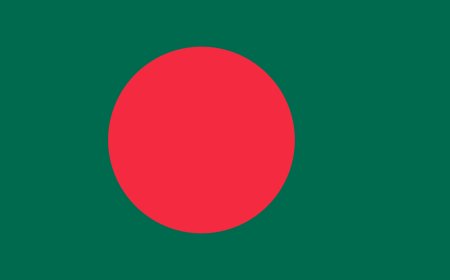Genocide, Justice, and the Debate on Prohibition
Awami League’s Predicament and the Rising Threat of Political Polarization in Bangladesh
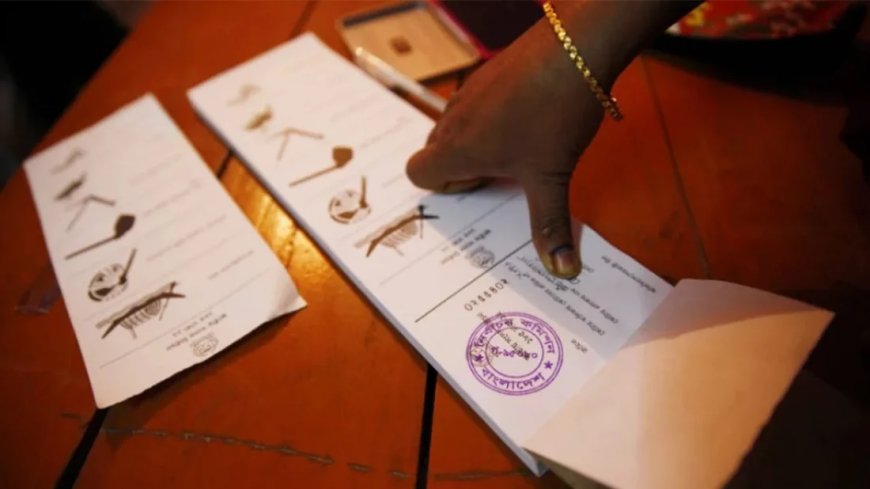
The question of whether the Awami League (AL), a dominant force in Bangladeshi politics for over fifteen years, should be banned from democratic participation has triggered an intense national debate, underscoring profound political and ethical dilemmas. Despite mounting pressure from the Jatiya Nagorik Party (NCP) and youth-led movements, Chief Adviser Muhammad Yunus has maintained that the AL should not be banned, a stance that has further fueled the political crisis. This situation transcends mere partisan rivalry; it reveals deeper issues concerning democratic legitimacy, transitional justice, and institutional stability. As scholars Juan J. Linz and Alfred Stepan argue, a functioning democracy relies not only on formal structures but also on the democratic commitment of key actors—a standard many Bangladeshi political players currently fall short of. Accusations of genocide and crimes against humanity directed at the AL during and prior to the July movement have sparked demands for accountability. However, banning a major political entity poses serious risks to democratic pluralism and competitive politics. Giovanni Sartori warned that excluding substantial political constituencies delegitimizes electoral systems, a view echoed by international voices including the UN, which oppose the ban. Despite serious allegations, the AL reportedly retains the support of 30–40% of the population, making any move toward exclusion potentially destabilizing. The selective pursuit of justice—such as targeting AL leaders for prosecution at the International Criminal Court—risks undermining trust in legal norms, especially if seen as politically motivated. Moreover, the military’s increasing involvement in political decisions, including Dr. Yunus’s appointment and discussions about "rehabilitating" the AL, highlights a dangerous erosion of the civil-military boundary. Heightened troop presence in Dhaka and historical parallels with Pakistan and Egypt suggest that military dominance often weakens democratic institutions. At the core of the impasse is a fundamental struggle over national identity and legitimacy. Political theorists such as Benedict Anderson and Chantal Mouffe underscore the need for inclusive narratives and adversarial but respectful democratic engagement. Efforts by the NCP to delegitimize the AL as a “genocidal party” reinforce a divisive moralism rather than constructive pluralism. If these exclusionary tendencies persist, Bangladesh risks increased polarization and instability, potentially exploitable by hostile foreign actors. The National Unity Commission offers a possible path forward through dialogue, though significant rifts remain over electoral and constitutional reforms. Drawing on the work of Arend Lijphart and Donald Horowitz, power-sharing models such as consociational democracy could help bridge divides. Ultimately, Bangladesh’s leaders must prioritize inclusive dialogue and transparent justice to avoid undermining fragile democratic foundations. The choices made in the coming months—between reconciliation or exclusion, cooperation or coercion—will determine whether Bangladesh secures stability or slides into deepening conflict.
What's Your Reaction?







